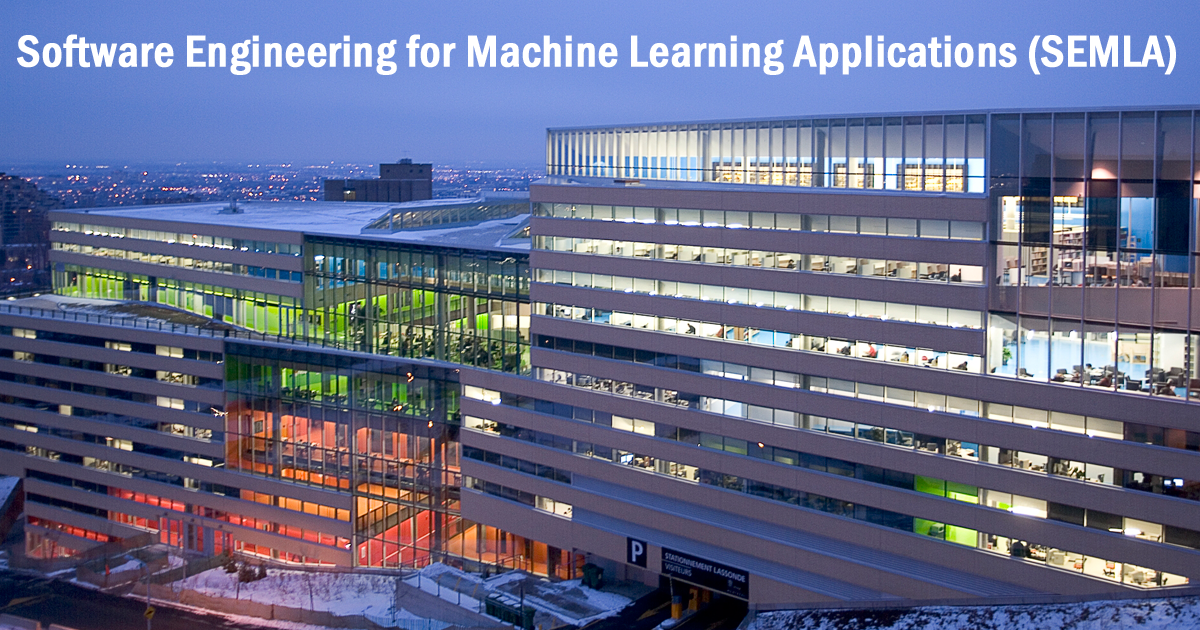
We are happy to announce the availability of 49 internships for SEMLA members for Summer 2023 and hereby invite you to apply for some of them.
The SEMLA Residency Program aims at attracting international talents and training them to
conduct research in one of the research areas related to the SEMLA theme in Engineering
Intelligent Software and Systems. The program will be open to international students from the
Mitacs network countries. This includes
- Undergraduate students who are interested in undergraduate research projects
- Graduate students who want to work with SEMLA researchers in the field of SE4AI
- Week 1: Research ideation workshop
- Week 2: Literature review
- Week 3: SEMLA Talks and Workshops
- Week 4: Research proposals, mentor coupling and team forming
- Week 5-10: Research implementation (3 Sprints - each two weeks)
- Week 11-12: Paper fast drafting
- Week 13: Peer-review and feedback
- Week 14-15: Final draft, poster competition and farewell
- SEMLA member (professors) click here to register and express your interest to participate.
- Student can click here to submit application to join the program
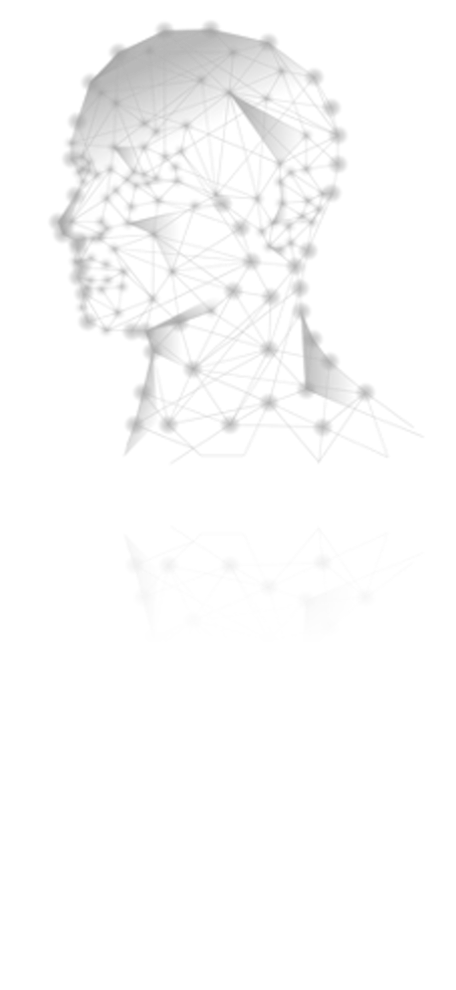 [1]
[1]
Program Structure
Week 1
Research ideation workshop
During this week, students will be walked through the process of identifying research problems and defining and validating the feasibility of research ideas.
 [2]
[2]
Week 2
Literature review
During this week, students will learn how to position their work within the literature. In addition, they will learn how to scope their research problem, how to find and summarize related work, and what is a research contribution.
 [3]
[3]
Week 3
SEMLA Talks and Workshops
During this week, SEMLA members and partners will present some of the research projects conducted in their research groups and opportunities for collaboration. This week will be organized in the form of research talks and workshops.
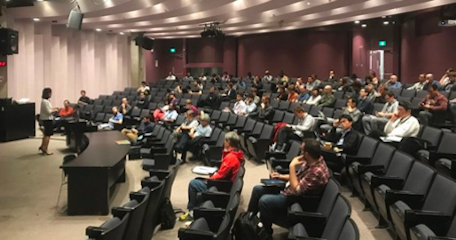
Week 5-10
Research implementation
The following six weeks will be organized into three research sprints. Each sprint is two weeks. We will follow an approach similar to the one presented by Quantitative Single-Cell Biology Lab at Leiden University [5].
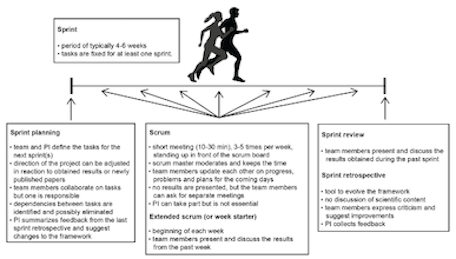 [4]
[4]
Week 11-12
Paper fast drafting
An additional sprint will be used in Week 11-12 for paper fast drafting. The first week will start with a workshop (e.g., this could be organized by the Bibliothèque de Polytechnique Montréal), in which students will learn how to write a scientific research paper. The students will apply the knowledge from the workshop to document their research work in the form of a research paper.
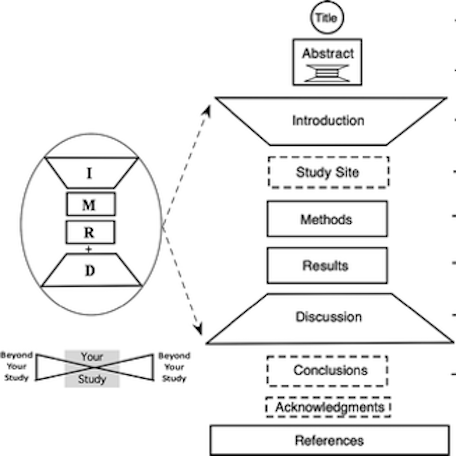 [5]
[5]
Week 13
Peer-review and feedback
During this week, students will have a workshop on academic peer review. Students will apply their knowledge by reviewing other students' research work. The feedback process will memic the conference review process where the academic supervisors will work as program chairs to ensure the quality of the reviews and provide the final feedback.
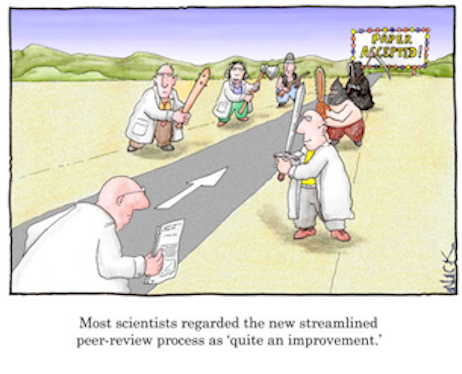 [6]
[6]
Week 14-15
Final draft, poster competition and farewell
In the last two weeks, based on the feedback, students will prepare their final research report. They will also prepare posters that summarise their research results. At the end of the two weeks, we will plan a research retreat to a selected attraction within Quebec. During we will book a presentation room in which students can present their posters in a friendly competition.
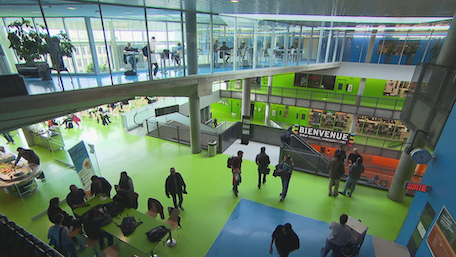 [7]
[7]
Refferences:
- [1] An Accelerator Program for Training Researchers
- [2] Source: https://medium.com/@ascent0/the-2-hour-ideation-workshop-ed471c538adc
- [3] Source: https://www.quickanddirtytips.com/education/writing/5-tips-for-writing-a-literature-review
- [4] Source: http://crosstalk.cell.com/blog/scrum-for-science-a-framework-for-collective-research
- [5] Source: https://link.springer.com/article/10.1007/s10980-011-9674-3
- [6] Source: Nick D Kim, strange-matter.net (please see site for terms of reuse)
- [7] Source: https://ici.radio-canada.ca/nouvelle/1305786/marche-climat-levee-cours-polytechnique-montreal


